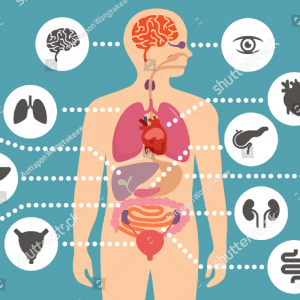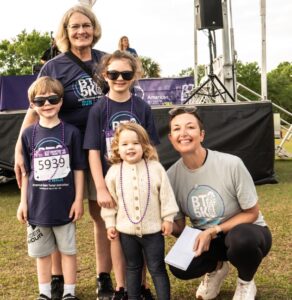Dear Brain Tumor Community,
I didn’t know anyone who had a brain tumor, until one of my heroes died after a long, private battle with glioblastoma (GBM). I had seen him only five years earlier, performing as he had his whole life, and now he was gone.
My love of the band Rush and their late drummer/lyricist Neil Peart has been a big part of my life since I heard their album “2112” and discovered their music as a teenager in the ‘70s. I’ve seen them live almost 20 times. On one lucky occasion, when Rush was in Florida for a tour, I took the day off and went to the arena early, hoping to catch a glimpse of Neil. My wish was granted—Neil drove into the stadium on his motorcycle and waved at me, on his way to “hit things with sticks.”
I found the ABTA website and a wealth of information that gave me a better understanding of Neil's diagnosis and treatment.
Neil passed away from GBM on January 7, 2020. Devastated by this news, I immediately searched online for ways I could help. I found the American Brain Tumor Association (ABTA) website and a wealth of information that gave me a better understanding of Neil’s diagnosis and treatment. This information and the stories on the ABTA website inspired me to make a difference.
My recurring gift of $21.12 to the ABTA every month in memory of Neil Peart began in January of 2020. The amount is significant because it is the title of the 1976 Rush album, “2112.” It felt like a fitting tribute to all that Neil had done for music, and for me.
You may not be a Rush fan like me, but I invite you to join me in making a recurring gift to the ABTA to honor the important thing in your life. Your recurring gift to the ABTA will help patients, caregivers, survivors and families navigate their journey and support ground-breaking brain tumor research.
Thanks,
Scott Hylton





















